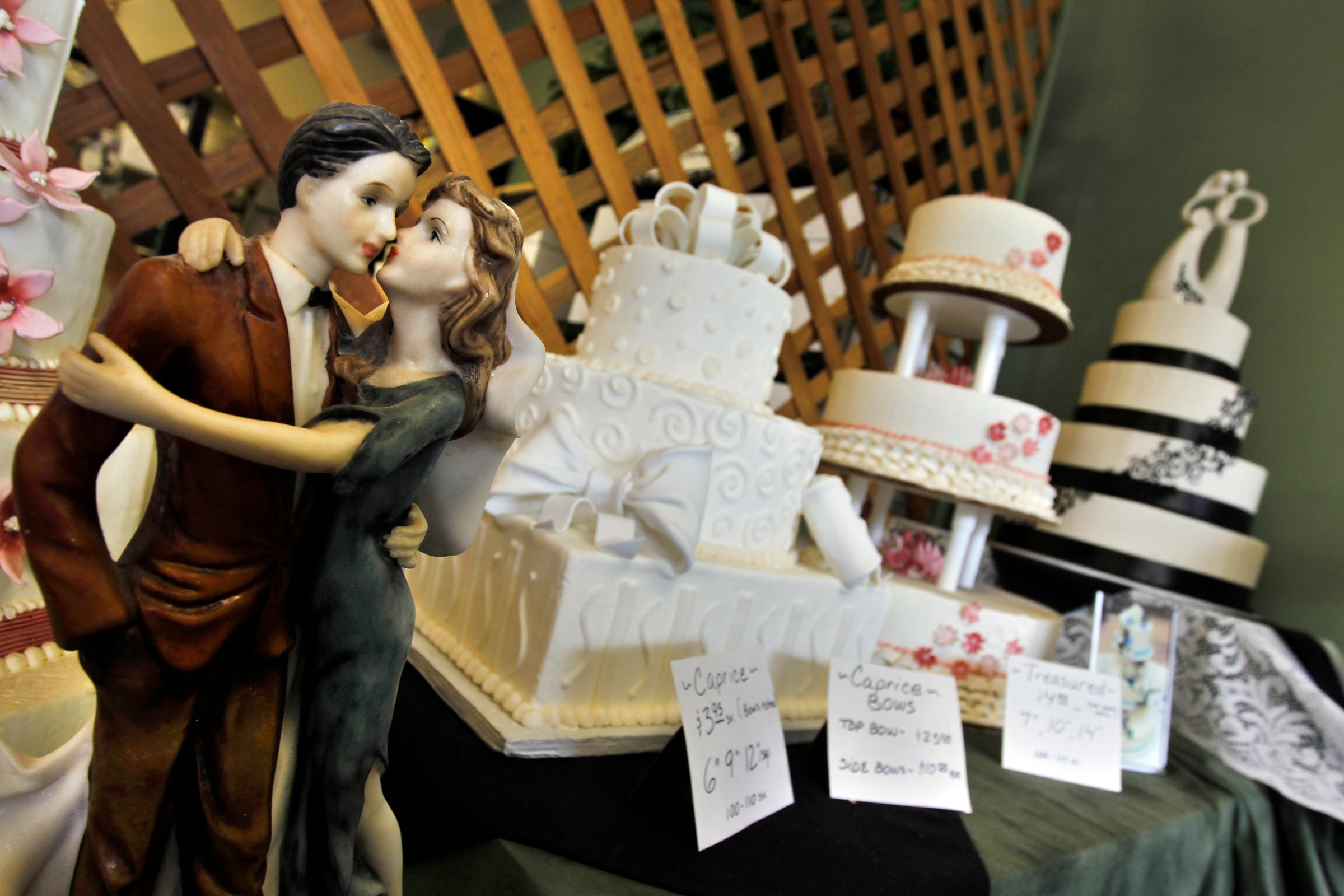
Henderson is the former president and CEO of The Leadership Conference on Civil and Human Rights.
Before passing the 1964 Civil Rights Act that would prohibit discrimination by race, color, sex or national origin and end segregation in public spaces, Congress debated whether to provide an exemption to allow people to refuse to serve, employ or do business with someone because doing so violated their individual religious beliefs. Congress rightfully refused to add the exemption.
Back then, some of the most iconic scenes of discrimination took place at lunch counters that refused to serve black customers. Some of these business owners justified their behavior by claiming that providing service would violate their freedom of religion. For all our talk of progress, this type of discrimination is happening again today and casting a dark cloud over our future. When a baker or florist says they cannot provide services for a same-sex couple’s wedding because it conflicts with their religious beliefs, they are using the same reasoning that many local businesses used in the 1950s and ‘60s to refuse to serve black people.
It’s still true that if you choose to run a business that serves the public, then morally (and in some states like Colorado, lawfully) you must do so to all members of the public. Earlier this year, the Washington Supreme Court decided the case of a florist argued that she should be able to refuse to serve a same-sex couple for their wedding because of her religious beliefs. The court unanimously ruled that she had violated state anti-discrimination law.
The Supreme Court of the United States is now set to hear a similar case out of Colorado, where a baker refused to bake a cake for a same-sex couple in 2012. The two had gone to Masterpiece Cakeshop in Denver suburbs to order a cake for their wedding reception in Colorado. (Since the Supreme Court had yet to make marriage equality the law of the land, the couple held their wedding in Massachusetts.)
If the owner of Masterpiece Cakeshop is given a religious exemption to refuse to serve an LGBT person, what is to stop him or another baker or small business owner from insisting on a religious exemption from serving an interracial couple, a Jewish couple or a single mother?
These questions are not just being raised in the courts. They’re being supported by Trump Administration. On Thursday, the Department of Justice filed a brief with Supreme Court about the case, in which it sided with the baker and argued for businesses having the freedom to discriminate against LGBT people. The brief embraces a legal position that undermines civil rights protections.
The Administration’s brief is not shocking, though, given its record. Earlier this year, a draft was leaked of an executive order that would have provided sweeping exemptions for any private business to discriminate against the LGBT community, women and religious minorities. Similarly, some members of Congress are considering reintroducing the so-called First Amendment Defense Act, which would have similar consequences.
Let’s be clear: Denying service to LGBTQ people is every bit as discriminatory and wrong as denying service to a person of color. Most Americans understand that: according to a September 2015 ABC News/Washington Post poll, nearly 75% of people believe that treating everyone equally under the law takes precedence over an individual’s religious beliefs. When someone decides to open a business and participate in a form of commerce, they must understand that they are open for business to everyone.
More Must-Reads from TIME
- Cybersecurity Experts Are Sounding the Alarm on DOGE
- Meet the 2025 Women of the Year
- The Harsh Truth About Disability Inclusion
- Why Do More Young Adults Have Cancer?
- Colman Domingo Leads With Radical Love
- How to Get Better at Doing Things Alone
- Michelle Zauner Stares Down the Darkness
Contact us at letters@time.com